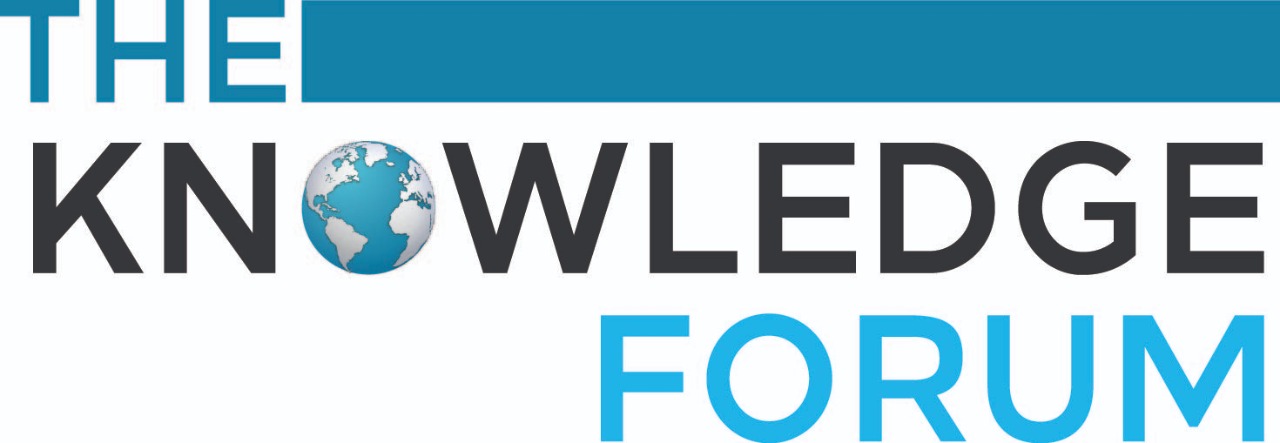Pakistan Bulletin
An up-to-date and informed analyses of key issues of Pakistan.
Navigating Pakistan-Iran Relations amidst Balochistan's Challenges
May 2024
As tensions simmer between Pakistan and Iran following a series of hostile exchanges, late President Ebrahim Raisi’s visit to Pakistan in April prompted speculation about deeper motives amidst a backdrop of regional conflicts and domestic unrest.
Prior to the tragic helicopter crash that resulted in his untimely death, Iran’s President Ebrahim Raisi had undertaken what would become his final diplomatic mission, to Pakistan. This visit was particularly noteworthy and one-of-a-kind, coming in the wake of a series of hostile missile exchanges between Iran and Pakistan in January 2024, which had strained relations significantly. In extended protocol for the foreign dignitary, public holidays were declared, roads were closed off and a series of high-level meetings were scheduled. By the conclusion of President Raisi’s visit, the relationship between Pakistan and Iran had notably transformed, signaling a new era of fraternal ties fostered by shared religious affiliations and a mutual commitment to enhancing border security and energy cooperation.
An almost immediate, in-person, reconciliation after a hostile string of attacks seemed rather odd. In its public statements, Iran asserted that its military actions on January 16, 2024, were directed against what it identified as the main base of Jaish ul-Adl, or the Army of Justice, a group that advocates for the independence of the Sistan and Balochistan Province in Iran. Pakistan’s retaliatory attack was, however, said to target the Baloch Liberation Army in Iran. The BLA has been accused of pursuing a separatist movement in the province, in addition to targeting Chinese nationals associated with the building of the Gwadar Port. Both these attacks ended up in the loss of civilian life, particularly women and children.
By the conclusion of the late President Raisi's visit, the relationship between Pakistan and Iran had notably transformed.
It should be noted that this wasn’t the first time Pakistan and Iran’s relationship had hit rock bottom. Iran’s Shiite Muslim rule is seen unfavourably by the majority Sunni belief upheld in Pakistan. This religious divergence has been exacerbated by Pakistan’s close ties with both the United States and the Sunni-majority Saudi Arabia, which contrasted with Iran’s Shi’a-oriented policies and its defensive stance in regional conflicts. The strategic dynamics were further complicated by the involvement of both countries in proxy conflicts across the region, from supporting opposing factions in Afghanistan to influencing the sectarian balance in the Middle East, contributing to periods of tension in their bilateral relations.
However, no amount of tense relations prompted a special visit by a high-level foreign dignitary to amend ties almost immediately, which raises the question: Why Now?
Suppose one is to analyze the current situation in Pakistan, concerning a new wave of the unrest and terrorism in Balochistan, in addition to protests over enforced disappearances of Baloch people, that is directly blamed on the state. Another point of contention causing domestic grievances between the Baloch people and the state is the expansion of the Gwadar Port which is a part of the China-Pakistan Economic Corridor (CPEC), i.e. a series of infrastructural development projects flagged by the government as critical for boosting economic development. Locals accuse CPEC for catalyzing significant demographic shifts in Balochistan. With settlers moving into areas like Gwadar, native Baloch feel sidelined from emerging job opportunities and further benefits, thereby intensifying their sense of deprivation and exclusion. Historical shifts observed in Karachi, where urban development marginalized the local Baloch population, now stoke fears that Gwadar — and potentially all of Balochistan — might face a similar fate. Adding to these concerns, increased security measures in Gwadar have restricted local fisherpeople’s access to the sea, with zones extending up to twenty kilometers off-limits. Furthermore, a new section of Gwadar city is being developed as a modern, exclusive zone primarily for Chinese and non-Baloch professionals involved in the mega-project. The introduction of identity cards for entry into this area has heightened local concerns, as these measures restrict the movement of Baloch residents within their own territory. With unrest growing and locals protesting, human rights bodies accuse the state of resorting to extrajudicial measures to address the “Baloch problem”. The local population and activists have launched a renewed struggle to resist state action.
A collaboration with Iran during a time where Baloch protests over human rights violations in the region are at an all-time high, could mean that the Pakistani state doubles down on its counter-insurgency measures, all in the name of border security.
The timing of President Raisi’s visit to Pakistan, in this aspect, is crucial. Pakistan recognizes that Iran also faces challenges with its Baloch population, as Jaish ul-Adl has historically targeted Iranian Security Forces and attacked Shia mosques. Another similarity between the two state’s conception of these Baloch separatist movements is in the fact that Iran believes Jaish ul-Adl definitively has foreign support from states like Iraq, which aims to destabilize Iran. Similarly, Pakistan, in more than one instance, has asserted Baloch protest movements to be a foreign-funded project of its arch rival India. The similarity of these narratives can lead one to believe that Raisi’s visit to Pakistan may have entailed a political messaging against the separatist movements facing both the countries. In the case of Pakistan, at least, such a collaboration will benefit the state in carrying out business-as-usual in Gwadar, heightening surveillance and imposing crackdowns on separatist activities.
The main point of contention causing domestic grievances between the Baloch people and the state is the expansion of the Gwadar Port that is a part of the China-Pakistan Economic Corridor (CPEC).
With the passing away of Iran’s President, it is difficult to assess if Iran will continue the reconciliatory path. However, the recent posturing certainly suggests that the attempts to improve bilateral relationship by both the states has important implications for human rights in the region.
Laiba Khan Zai
Author
Laiba Khan Zai is an Associate Producer at Express Tribune.

Join Our Mailing List
Get the latest news and updates from our team
